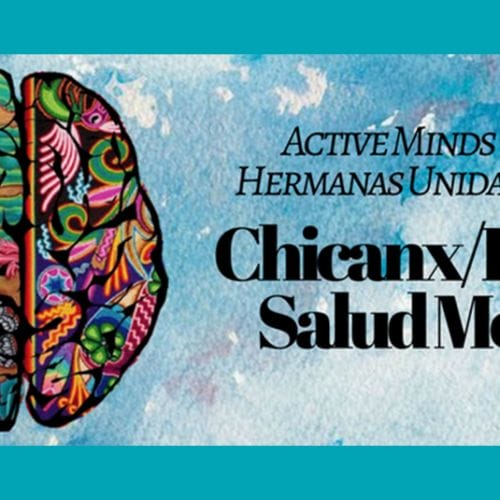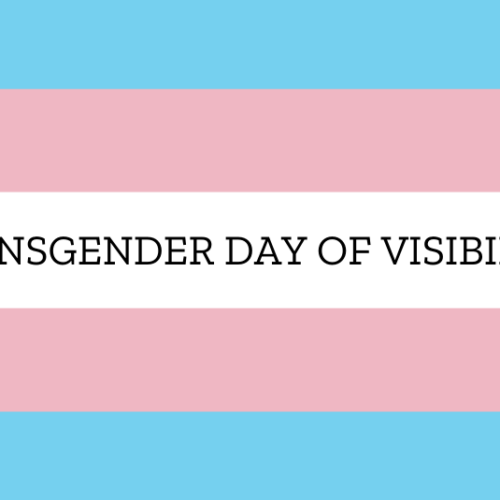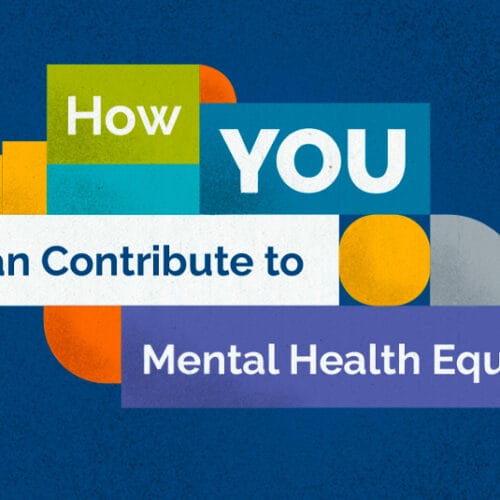The relationship between physical and mental health is one that is becoming increasingly apparent — including among top-performing athletes. Professional athletes like Simone Biles and Naomi Osaka have made clear the impact their mental well-being has on their athletic performance, and we are better understanding how we can support student athletes in protecting their mental health in the same way we work to safeguard their physical well-being every day.
Active Minds is proud to have partnered with Optum to host a golf clinic with LPGA player Mariah Stackhouse where middle and high school students were able to work on their swing, as well as their peer-to-peer mental health skills. Isha Patel and Shayla Satya, tenth and ninth graders at Atlantic Coast High School, were two of the selected students invited to participate. Isha and Shayla had the opportunity to participate in a V-A-R® (Validate-Appreciate-Refer) training session with Active Minds staff, and enjoy some pro tips from Mariah. Here’s what they had to say about mental health, the importance of V-A-R®, and supporting your teammates as student athletes:
-
What role does mental health play in your life as an athlete?
 Shalya: Mental health plays a role in my life as an athlete because sometimes it can cause me stress. As an athlete, sometimes we can feel pressured by our coaches, teammates, or even family members to perform our very best, and we can feel discouraged if we fail to satisfy their expectations for us. It is also challenging for athletes to manage between academics and athletics, as participating in sports can occupy most of our time which can also cause stress trying to manage between the two.
Shalya: Mental health plays a role in my life as an athlete because sometimes it can cause me stress. As an athlete, sometimes we can feel pressured by our coaches, teammates, or even family members to perform our very best, and we can feel discouraged if we fail to satisfy their expectations for us. It is also challenging for athletes to manage between academics and athletics, as participating in sports can occupy most of our time which can also cause stress trying to manage between the two. -
What was your experience at the Active Minds and Optum golf clinic and V-A-R® training session like?
 Isha: I found the Active Minds and Optum golf clinic and V-A-R® training session beneficial, especially because it gave me an opportunity to check in with my teammates, regarding their mental health. The V-A-R® training allowed me to have a better understanding of what my peers are experiencing, which influences their actions. Understanding the reason behind their actions allowed me to use a different perspective on situations that I had not previously considered.
Isha: I found the Active Minds and Optum golf clinic and V-A-R® training session beneficial, especially because it gave me an opportunity to check in with my teammates, regarding their mental health. The V-A-R® training allowed me to have a better understanding of what my peers are experiencing, which influences their actions. Understanding the reason behind their actions allowed me to use a different perspective on situations that I had not previously considered. -
In your own words, what is V-A-R® and why is it important?
 Isha: To me, V-A-R® is a strategy that allows me to effectively listen and respond in a way that my peers may find to be beneficial based on their situation. The V-A-R® strategy can help someone feel important as a proper conversation with someone can show them that you care. This strategy allows individuals to receive the help they need by receiving advice and resources from those who they trust.
Isha: To me, V-A-R® is a strategy that allows me to effectively listen and respond in a way that my peers may find to be beneficial based on their situation. The V-A-R® strategy can help someone feel important as a proper conversation with someone can show them that you care. This strategy allows individuals to receive the help they need by receiving advice and resources from those who they trust. -
How do you see yourself using V-A-R® in the future as you continue to have conversations about mental health with your friends, family, and fellow student athletes?
 Shalya: I see myself using the V-A-R® method in the future as I continue to have conversations about mental health with my family and friends, by using this technique and to respond to others when they come to me for help. By doing this, I would hopefully make my friends and family feel safe with me and get them the assistance they may need.
Shalya: I see myself using the V-A-R® method in the future as I continue to have conversations about mental health with my family and friends, by using this technique and to respond to others when they come to me for help. By doing this, I would hopefully make my friends and family feel safe with me and get them the assistance they may need. -
What piece of advice would you give to other middle and high school student athletes when it comes to prioritizing and talking about mental health?
 Isha: I would advise other middle and high school athletes to focus and prioritize the mental health of both themselves and their teammates. Having someone check up on you during difficult times can be a large help. With this, approaching a teammate and understanding how to effectively communicate with them can offer guidance and resources to someone who needs it. This impact may influence a teammate to do the same for you in a situation where you may need this to become more mentally healthy.
Isha: I would advise other middle and high school athletes to focus and prioritize the mental health of both themselves and their teammates. Having someone check up on you during difficult times can be a large help. With this, approaching a teammate and understanding how to effectively communicate with them can offer guidance and resources to someone who needs it. This impact may influence a teammate to do the same for you in a situation where you may need this to become more mentally healthy. Shalya: Advice that I would give to middle and high school athletes when it comes to talking and prioritizing mental health would be to not be afraid to seek help. It is completely normal to struggle at times but I would advise them to not be embarrassed about what they’re going through because many other athletes like them may be dealing with the same issues. I would also let them know that it is never too late to ask for help because it’s better late than never.
Shalya: Advice that I would give to middle and high school athletes when it comes to talking and prioritizing mental health would be to not be afraid to seek help. It is completely normal to struggle at times but I would advise them to not be embarrassed about what they’re going through because many other athletes like them may be dealing with the same issues. I would also let them know that it is never too late to ask for help because it’s better late than never.


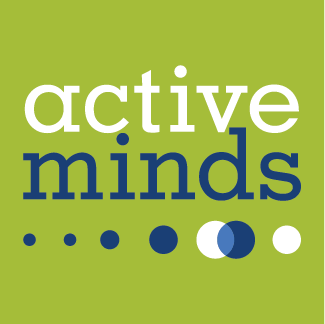
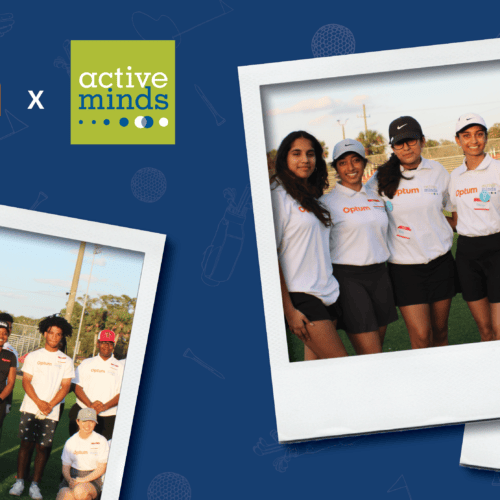
 Shalya: Mental health plays a role in my life as an athlete because sometimes it can cause me stress. As an athlete, sometimes we can feel pressured by our coaches, teammates, or even family members to perform our very best, and we can feel discouraged if we fail to satisfy their expectations for us. It is also challenging for athletes to manage between academics and athletics, as participating in sports can occupy most of our time which can also cause stress trying to manage between the two.
Shalya: Mental health plays a role in my life as an athlete because sometimes it can cause me stress. As an athlete, sometimes we can feel pressured by our coaches, teammates, or even family members to perform our very best, and we can feel discouraged if we fail to satisfy their expectations for us. It is also challenging for athletes to manage between academics and athletics, as participating in sports can occupy most of our time which can also cause stress trying to manage between the two. Isha: I found the Active Minds and Optum golf clinic and V-A-R® training session beneficial, especially because it gave me an opportunity to check in with my teammates, regarding their mental health. The V-A-R® training allowed me to have a better understanding of what my peers are experiencing, which influences their actions. Understanding the reason behind their actions allowed me to use a different perspective on situations that I had not previously considered.
Isha: I found the Active Minds and Optum golf clinic and V-A-R® training session beneficial, especially because it gave me an opportunity to check in with my teammates, regarding their mental health. The V-A-R® training allowed me to have a better understanding of what my peers are experiencing, which influences their actions. Understanding the reason behind their actions allowed me to use a different perspective on situations that I had not previously considered. 